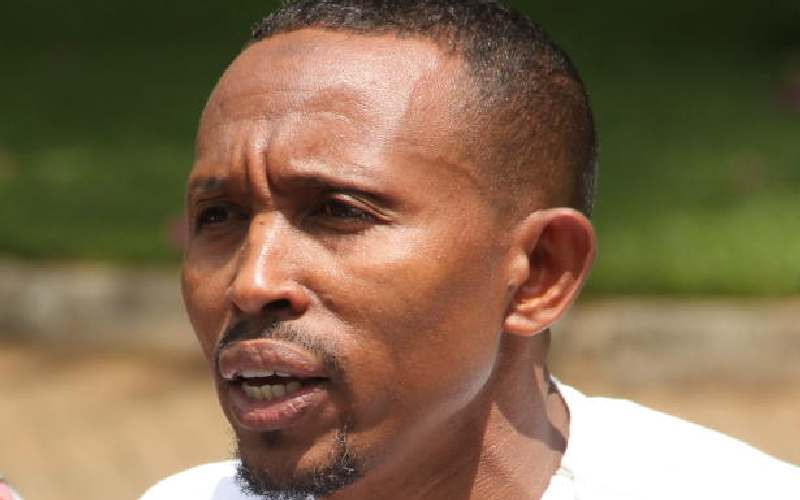×
The Standard e-Paper
Join Thousands Daily

Milk processor Brookside Limited has sued Nyali Member of Parliament Mohamed Ali over his claims that the firm associated with President Uhuru Kenyatta’s family has allegedly been exploiting milk farmers and consumers.
The case is a landmark and a first for a company to seek a court’s interpretation of its constitutional rights to do business and not to be subjected to commercial harm.